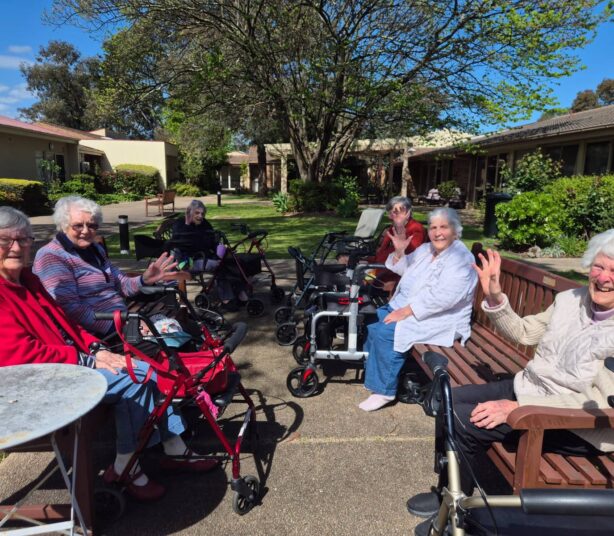Spring Health Priorities for Over 70s
Part of the Cumberland View Village Wellness Series
As Melbourne transitions into spring, your body faces unique health challenges and opportunities that require thoughtful attention, particularly if you’re over 70. Understanding these changes and preparing accordingly can make the difference between thriving through spring or struggling with preventable health issues.
Understanding Your Body’s Spring Transition
Spring represents more than just warmer weather and longer days. For people over 70, this seasonal shift triggers physiological changes that require proactive health management.
Circulation patterns adjust as temperatures rise.
Sleep cycles respond to increased daylight.
Immune system activity shifts from winter’s defensive mode to spring’s renewal phase.
One of the most significant changes comes with increased sunlight exposure. After months of reduced vitamin D in winter, spring sunshine helps restore healthy levels that support bones, immunity, and mood. However, this transition needs to be managed carefully to avoid issues such as heat exhaustion or changes in how medications work.
Cardiovascular Considerations
Your heart and blood vessels work differently as temperatures climb. Blood vessels dilate in warmer weather, affecting both blood pressure and how medications take effect.
Rising slowly from sitting or lying down can prevent dizziness.
Monitor blood pressure more closely if you take related medication.
Ease back into physical activity gradually after winter to avoid overexertion.
Respiratory Health and Spring Allergens
Spring in Melbourne also means high pollen counts, which can be challenging if you live with asthma, COPD, or other respiratory sensitivities.
Plan outdoor activities for late afternoons when pollen levels drop.
Keep windows closed on windy days.
Shower after being outdoors to remove pollen from hair and skin.
If you experience new or worsening breathing difficulties, seek professional advice, never assume it’s “just allergies.”
Medication Management in Changing Weather
Warmer weather can affect how medications work and how they should be stored.
Many medications (including insulin and heart medicines) must be kept below 25°C.
Seasonal changes can alter blood pressure and blood sugar regulation, meaning medication adjustments may be needed.
Keep a diary of any new symptoms and discuss them with your healthcare provider.
Skin Health and Sun Safety
After months of reduced sun exposure, your skin is more vulnerable in early spring.
Wear sunscreen daily, even for short outdoor activities.
Be aware of medications that increase sun sensitivity.
Protect fragile skin with hats, lightweight clothing, and shade.
Mental Health and Seasonal Adjustment
While many people feel more energetic and positive in spring, others may feel pressure to do more socially or physically.
Set realistic goals for activity levels.
Allow your sleep schedule to adjust gradually to increased daylight.
Remember: steady progress is healthier than dramatic changes.
Hydration and Nutrition Adjustments
Spring’s warmer days increase fluid needs, but people over 70 often feel thirst less strongly.
Drink water regularly, even before you feel thirsty.
Maintain consistent mealtimes, especially as daily routines become busier.
Wellness Series Note
This article is part of the Cumberland View Retirement Village Wellness Series. For personalised health advice or concerns about your individual situation, please consult your healthcare provider. At Cumberland View, we’re committed to supporting our community with reliable health information and resources that encourage healthy, independent living after 70.




